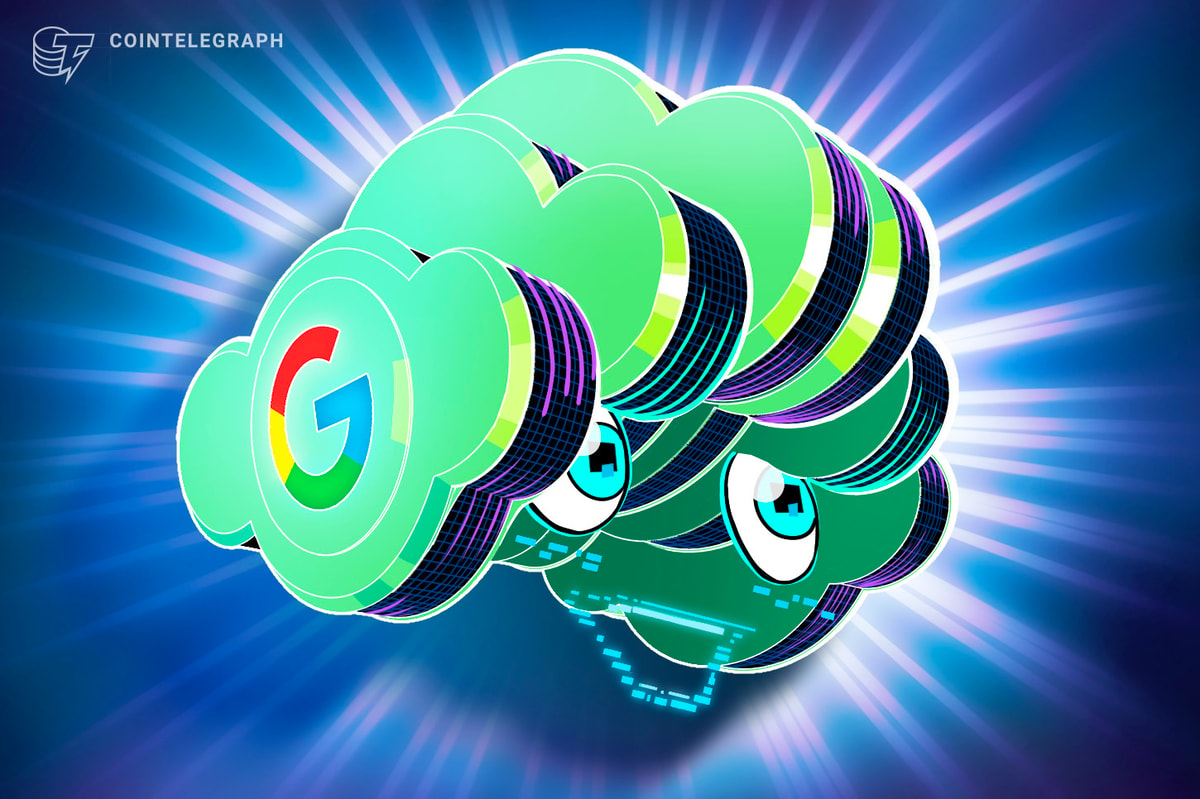In a surprising move, OpenAI has reinstated Sam Altman as its CEO, marking a pivotal moment for the artificial intelligence firm renowned for its creation of ChatGPT. Altman’s return follows an abrupt departure and coincides with a significant overhaul of the company’s board, introducing new leadership in the form of Bret Taylor, former co-CEO of Salesforce. This unforeseen development raises questions about the circumstances of Altman’s initial exit and sets the stage for a potential shift in OpenAI’s strategic direction.
Sam Altman’s return sparks reflection on OpenAI’s ethical odyssey
Altman’s reinstatement marks a seismic juncture in OpenAI’s trajectory—an entity distinguished for its adept negotiation of the ethical nuances inherent in artificial intelligence, juxtaposed with a relentless exploration of its commercial potentialities. In Altman’s articulate return discourse, an underlying current of anticipatory enthusiasm surfaces, hinting at the dawn of a revitalized chapter for the organization.
This strategic realignment prompts a meticulous reevaluation of the intricacies surrounding Altman’s preceding departure. The antecedent board’s assertion of a deficiency in transparency and an unwavering commitment to OpenAI’s humanitarian mission now warrants a scrutinizing revisit. As Altman reassumes the mantle of Chief Executive Officer, the organizational landscape grapples with the formidable task of intricately balancing ethical considerations with the ceaseless pursuit of innovation and financial viability—an intricate dance demanding nuanced navigation through the complex interplay of corporate imperatives and ethical ideals.
Altman’s comeback and Microsoft’s impact on OpenAI
The reshuffling of leadership at OpenAI is perceived as particularly advantageous for both Sam Altman and Microsoft, a significant investor in the company. Microsoft’s CEO, Satya Nadella, voiced support for the changes, emphasizing the importance of stable and effective governance. This move comes amid concerns among investors, fueled by the recent valuation of OpenAI exceeding $80 billion. Altman’s swift return draws parallels to historic comebacks, such as Steve Jobs’ return to Apple, indicating a potentially more aggressive and profit-oriented approach for OpenAI while also signaling an increased willingness to take risks.
The leadership turmoil at OpenAI further intensified when staff members threatened to depart and join a new venture led by Microsoft, underscoring the substantial leverage and resources that Microsoft brings to the field of AI. Emmett Shear, who briefly served as OpenAI’s interim CEO, described his role in stabilizing the situation, emphasizing the importance of maximizing safety for all stakeholders. Greg Brockman, the president of OpenAI, celebrated the resolution of the crisis, expressing optimism for the future and highlighting the company’s determination to emerge stronger and more unified.
Deciphering OpenAI’s future after CEO reinstatement
As OpenAI enters this new phase with Sam Altman back at the helm, the question lingers: What impact will this leadership shake-up have on the company’s approach to AI innovation, ethics, and its partnership with Microsoft? The dynamics between Altman, the board, and Microsoft will undoubtedly play a crucial role in shaping the future trajectory of OpenAI. How will these changes influence the delicate balance between ethical considerations and the pursuit of advancements in artificial intelligence? Only time will reveal the implications of this unexpected turn of events on OpenAI’s journey into the evolving landscape of AI.





